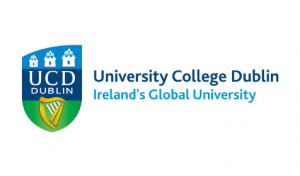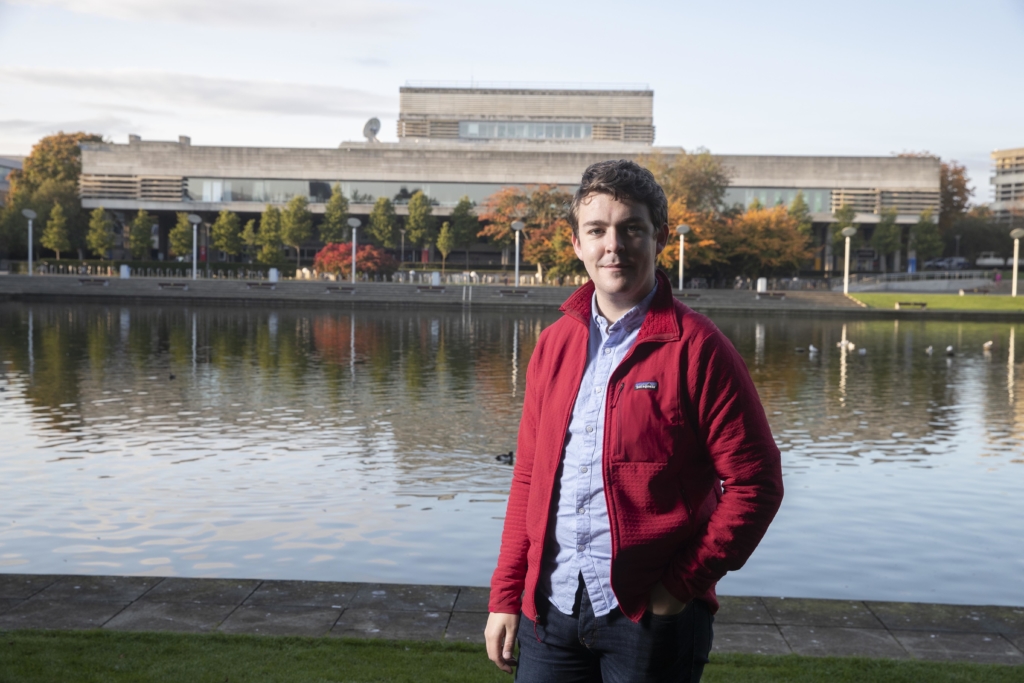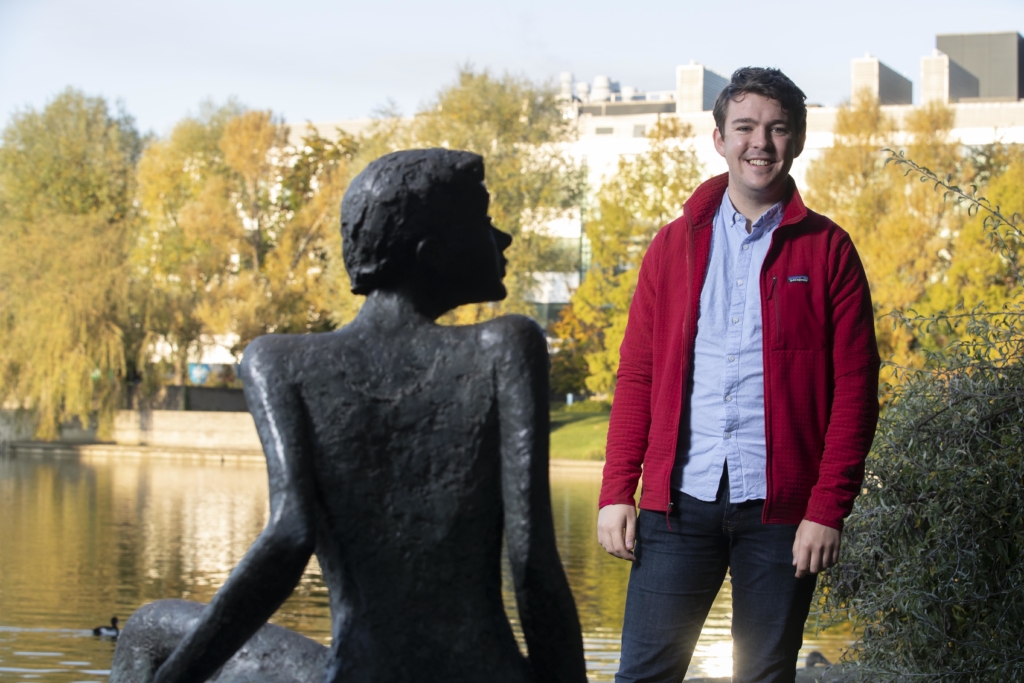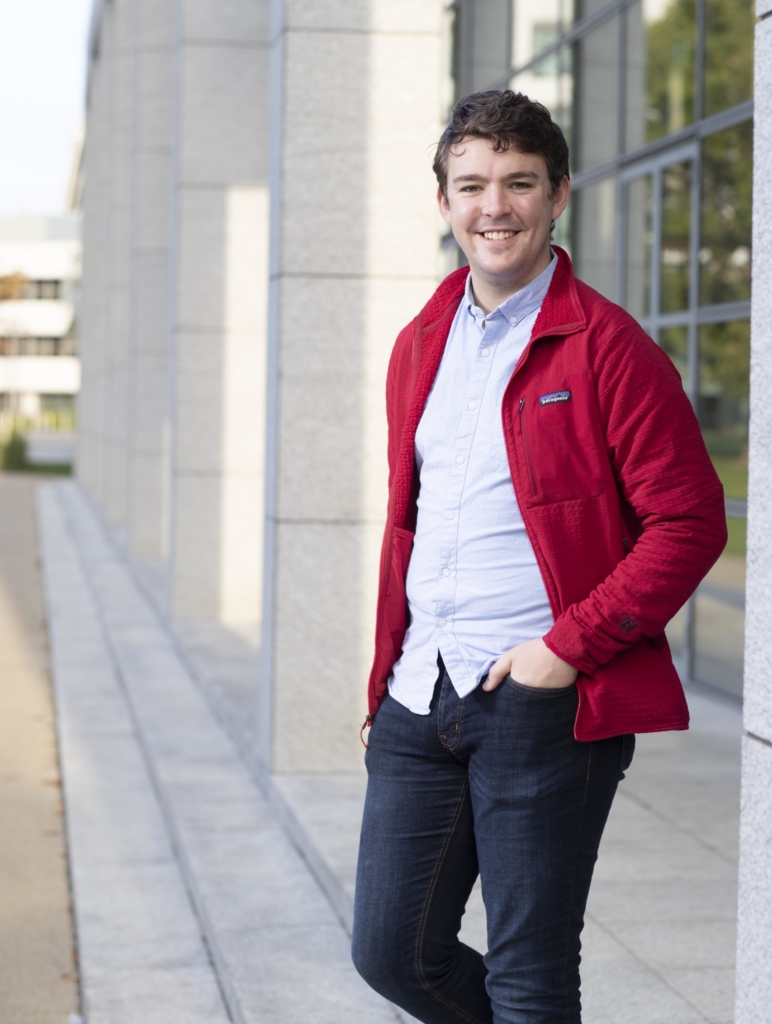
Adam Freegrove
In University College Dublin Adam Freegrove is in the final year of his medical degree. On his 8th birthday, his mother had a severe stroke and was left disabled. Raised by his grandparents and caring for his mother, Adam was inspired to switch courses and study medicine after the death of his grandfather. Intelligent and compassionate, Adam has been supported on his journey through the university Access services and is a fantastic example of how that support can enable Irish students to reach their full potential. We meet Adam as he prepares for his final medical exams… little does Adam or any of us know, just how tumultuous those final few months of Spring 2020 will prove to be…
See Adam’s story begin in Episode 1 on the RTE Player
“The documentary has meant a whole lot more to me than I expected actually. It made me realise exactly how lucky I've been to come from where I did - I've never had such an appreciation for my family and all they've done for me until I started to look back on it to tell people my story. It has also helped me reflect on what started me on this path I'm on and what it all means to me. It's just redoubled my resolve to continue doing what I'm doing and do the best I can and be the best I can be. I want to make everyone proud of what they've helped me become. More than anything though, I hope that people will take away from it that things can and most likely will be horrible, but it doesn't mean they always will be. That it is never what you're dealing with, just how you deal with it. When you feel like you're losing, the act of not giving up is a victory. ”
UCD Access & Disability Fast Facts
- 24 staff members work in working in access and disability at UCD.
- UCD enrolled 5,500 undergraduate students in Sept. 2020, of which 1,500 were admitted through various access pathways
- Over the past 3 years 683 students have registered at UCD under the HEAR scheme and 932 under the DARE scheme.
- In the past ten years, the number of students with Autistic Spectrum Disorders supported in UCD has doubled.
- The number of students with ADD/ADHD now supported by the University has grown from 21 in 2010 to 225 in 2019.
- There are also triple the number of students with physical disabilities than there were ten years ago.
- There has also been a significant increase in students with Mental Health Conditions seeking supports. Making up 9% of those supported in 2010, they accounted for 26.5% of those availing of supports in 2019-20.
- Over the past 3 years 2220 mature students have registered at UCD and 264 through their foundation programme.
- In 2019, 33,973 students were enrolled, of which 17,186 were undergraduates. A total of 29% were international students, while 32% represent a diversity of backgrounds, including disabilities, low-income, mature, ethnic minorities, lone parents, refugees, and asylum seekers.
- UCD established a 33% access target by 2019 with seven additional entry routes to meet the needs of this diverse cohort.
- University for All is a whole-institutional approach to inclusion in UCD. This initiative brings together the entire university community to work together to achieve our goal of becoming a fully inclusive, diverse institution.
- Well known access and disability alumni include: Caroline Casey – social entrepreneur, disability activist, Dr Paula Williams – Global Affairs, Intel, Cait O’ Riordan, former Pogues band member, musician and Samantha Libreri, Journalist, RTE
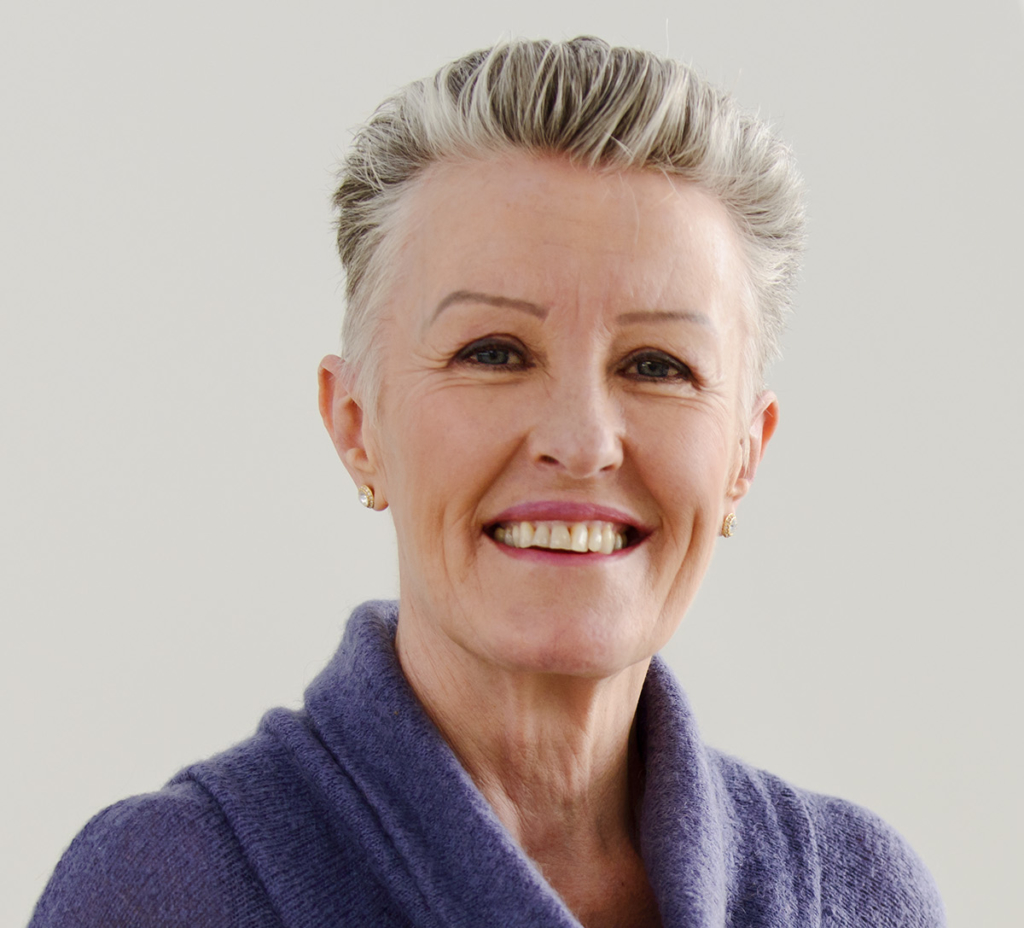
DR ANNA KELLY
UCD Access & Lifelong Learning Director
“UCD Access & Lifelong Learning has taken the bold step to reimagine itself and our University community, through pioneering the development of an inclusive university, which we call University for All, where all students feel welcome; their experience, perspective and opinions are respected and valued – in short, they belong. We think that this documentary will show students, families and communities from north, south, east and west, that they belong in higher education. We look forward to welcoming them to our campus, we are expecting them. There are many pathways to university, and we hope that more people will learn through this programme that university is achievable.”
